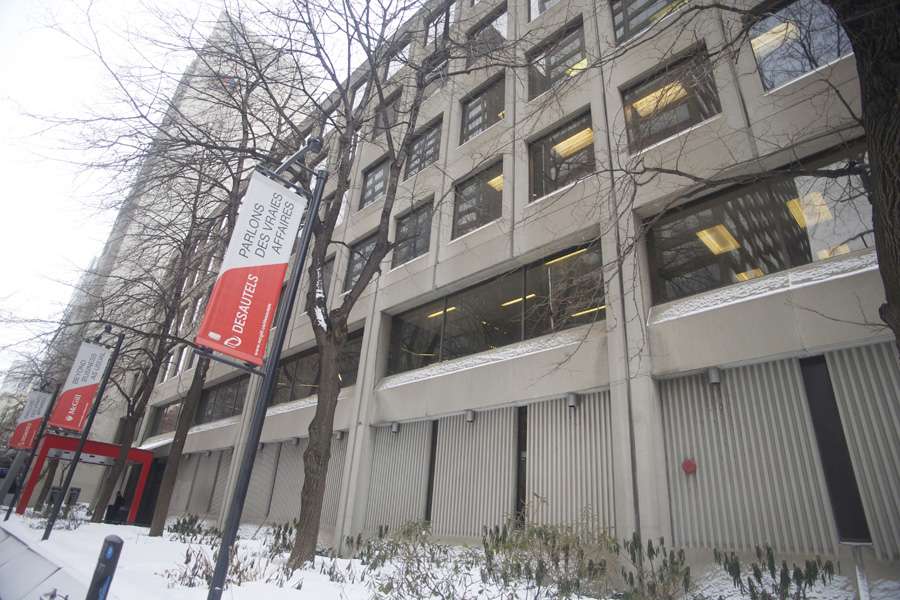The Management Undergraduate Society (MUS) has passed changes to its constitution following a referendum that concluded Jan. 20. Changes from the referendum, which passed with a quorum of 29 per cent, include the creation of the MUS council and three new executive positions.
The referendum voting period ended Monday Jan. 20; the results were released Tuesday.
According to MUS President Joël Taillefer, the new constitution aims to improve the MUS’ governance structure.
“It’s not just how it looks,” Taillefer said. “I wanted to restructure the way you’re able to interpret the information in it.”
Taillefer said the decision to change the constitution was made by the entire executive team.
“It was a team consensus [to change the constitution],” Taillefer said. “We started talking about […] how outdated the constitution was. We implemented it in 2011, and it hasn’t really changed since.”
The updates to the constitution largely target five areas of MUS governance that the current executive team has recognized as avenues of improvement, including changes to the structure of the executive committee.
According to the new constitution, three new executive positions—VP Corporate Relations, VP Conferences and Competitions, and VP Events—will replace the current positions of VP Engagement and VP External Affairs. The portfolios of these new positions will detail their responsibilities, which have so far not been the sole duty of any member of the Executive Committee.
Julie Morrissey, U2 Management, said she supports the changes to the MUS Executive Committee.
“I’m glad they [will elect] people for corporate relations and conferences and competitions,” she said. “With other people focusing on that aspect in its entirety, MUS is likely to be more efficient in other areas, which should enhance student life in Bronfman while still collecting the necessary support that MUS depends on.”
In addition, the new constitution creates an MUS Council, which will be the highest decision-making body for the policy and governance affairs of the MUS, meeting eight times per academic year.
“Responsibilities of the council shall be to define the long-term strategy to fairly and efficiently achieve the mission of the MUS [and] foster transparency of all MUS activities for the entire Desautels BCom student body,” the new constitution reads.
Council will include voting and non-voting members. The Board of Directors (BoD) will comprise the nine voting members of council—that includes the president, the Management senator, two SSMU representatives, two U0 representatives, and one representative from each of U1, U2, and U3. Of these voting representatives, the two SSMU reps will share one vote, and the two first-year representatives will share another.
MUS students will elect the members of the BoD, after which the BoD will nominate the non-voting members of Council—including the ombudsman, members of the Alumni Council, presidents of MUS clubs, faculty representatives, and the remaining members of the executive board.
According to Taillefer, the changes will increase representation and streamline communication.
“In the past, we only had the BoD and the VPs that would meet with the President,” he said. “We also want to get more constituents of the MUS in the decision-making [….] It’s an idea of integrating all the constituents of the MUS together and make them work at the same time; it’s improving the communication of the organization.”
Taillefer said, the constitution will be implemented immediately.
“The constitution starts being in effect technically as soon as it’s adopted but there’s going to be a transition period,” Taillefer said.
“The new VPs will be appointed and the positions will be opened up for next year.”







